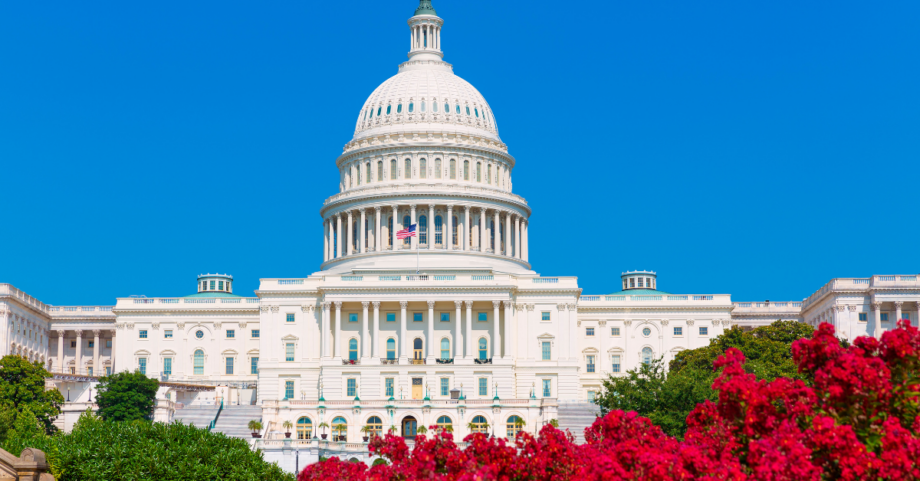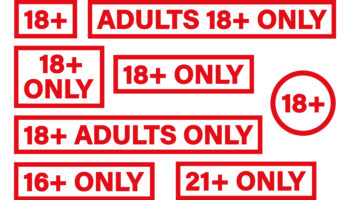Last week, a new bill was passed in the US Senate with a bipartisan vote of 91-3. The controversial (to some) updated Kids Online Safety Act (KOSA) is yet another attempt by the US Congress to regulate online content for what they claim is child safety.
But is this what KOSA is really about?
Meet the new KOSA, same as the old KOSA?
Republican Senator Marsha Blackburn and Democratic Sen. Richard Blumenthal have been attempting to sell their updated version of the highly visible KOSA bill in recent months. Releasing the new version of the bill in February, the bipartisan pair claimed that they were finally addressing the privacy and censorship concerns opponents to the bill have always had. Their update marks the first significant federal legislation of this kind since this issue was addressed four years ago in Section 230 of the FOSTA-SESTA act.
As pretty much all sane persons do indeed want, there should laws in place to protect children. And no one could argue that the Internet is a Wild West breeding ground for images and speech. But can KOSA truly offer the protections most needed for kids and net searching, and indeed, does the new and improved KOSA sill carry with it a restriction on free speech? In fact, will legislation of this type always carry with it censorship concerns?
For and against
Presumptive Democratic Presidential nominee Kamala Harris wrote across her X feed:
“I applaud the Senate for passing the Kids Online Safety and Privacy Act today. This bipartisan legislation will help protect children's mental health, safety, and privacy online. I have spent my entire career fighting for the wellbeing of children, and I urge Congress to pass this bill as we continue to invest in our children and their health.”
And President Biden has already indicated that he would sign KOSA into law. Still, plenty of folks, from both sides of the political fence, oppose KOSA…and always have.
As indicated, in the senate, the bill passed with a resounding 91-3 vote (democratic senators Ron Wyden, Republican Rand Paul, and Republican Mike Lee, cast the dissenting votes) but just yesterday, it was made plain that the House will not entertain KOSA as it currently is written.
Not just pundits on Capital Hill, but free speech organizations like the ACLU and FSC are also against KOSA. Jenna Leventoff, senior policy counsel at the ACLU says.
“As state legislatures and school boards across the country impose book bans and classroom censorship laws, the last thing students and parents need is another act of government censorship deciding which educational resources are appropriate for their families.”
The ACLU goes on to add: “This bill would not keep kids safe, but instead threaten young people’s privacy, limit minors’ access to vital resources, and silence important online conversations for all ages.“
To this point, if KOSA is set into law, content creators fear the proliferation of new content filters that will stretch too far. With the Federal Trade Commission free to decide these matters, as KOSA will allow, certain content could be viewed to be dangerous by whatever party comes into power.
The Electronic Frontier Foundation (EFF) also opposes KOSA. It considers the bill a danger to the rights of all users, both minors and adults. It states, “The bill requires websites, apps, and online platforms to filter and block legal speech, which raises censorship concerns. “
And plenty of LGBTQ+ groups, oppose KOSA, even in its new and improved version. The concern specifically here is that people who make online content about sex education, and LGBTQ+ identity and health, might come under persecution with the legislation.
The End Of KOSA?
Legislation like KOSA won’t just die on the vine. We shall see updated versions, supposed revisions and a consistent push by senators like Blackburn and Blumenthal, and many others, often in the guise of healthy bipartisanship to push the measure through to protect our children.
But protect them from what, exactly?




